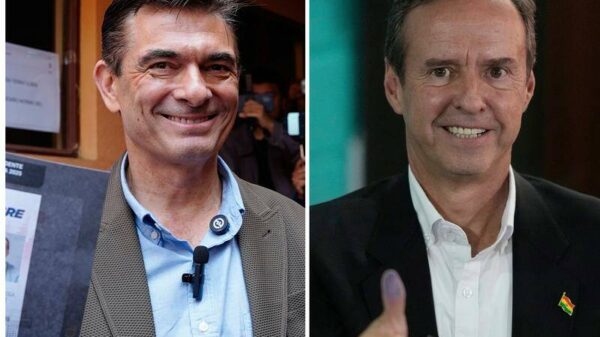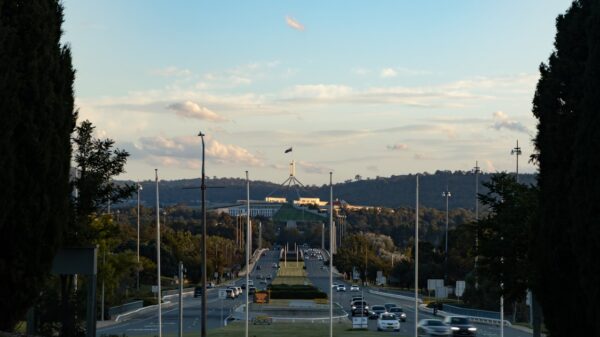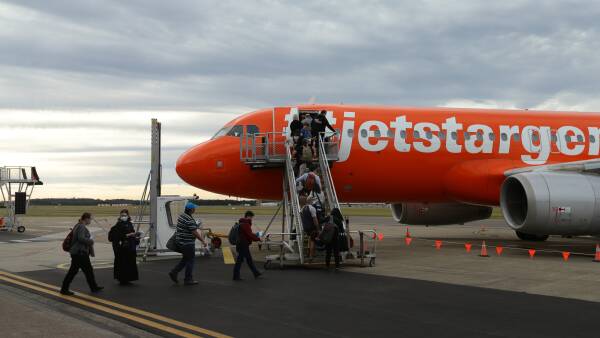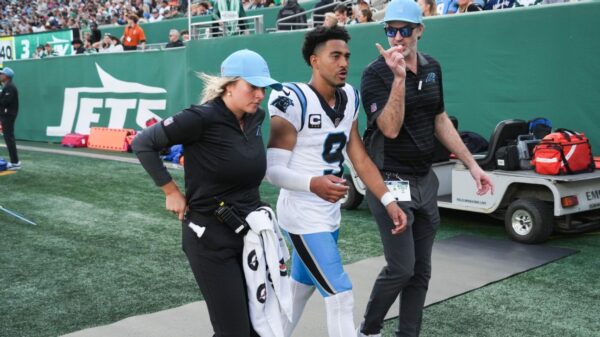Sussan Ley, the Opposition Leader of Australia, announced plans to implement personal income tax cuts aimed at low- and middle-income earners if her party wins the next federal election. During a significant economic address in Sydney on March 11, 2024, Ley emphasized that these tax cuts would respond directly to the financial pressures faced by many Australians amid rising living costs.
Ley stated, “We’ll start where the pressure is greatest: low- and middle-income earners who are feeling the squeeze from higher prices and rising living costs.” This statement, made at the Centre for Independent Studies, indicates a strategic focus on easing the financial burden for Australians struggling to make ends meet.
While the specifics of the proposed tax cuts remain unclear, Ley assured that detailed plans would be revealed closer to the election, which is expected in 2025. This announcement marks one of her first major policy initiatives since taking over as Opposition Leader following the Coalition’s significant defeat to Labor in May 2023, which was characterized as their worst electoral loss.
The Coalition’s recent history includes opposition to tax cuts proposed by Labor earlier this year. Ley highlighted that her leadership will prioritize economic policies that directly benefit taxpayers. “Every time we say no to Labor’s waste, we will look first to return those savings to taxpayers or to strengthen the nation’s finances,” she explained. She underscored her belief that Australians should retain more of their earnings.
In response to Ley’s announcements, Jim Chalmers, the Labor Treasurer, criticized the Coalition, stating it has “no costings, no details and no idea.” He referred to the Coalition’s previous votes against tax cuts and claimed that under a Coalition government, income taxes would likely increase rather than decrease. Chalmers also accused Ley’s party of planning “savage cuts to Medicare” as part of a broader agenda to reduce government spending and address the budget deficit.
Ley’s speech also addressed generational fairness, particularly for younger Australians. She asserted that a balanced industrial relations system is crucial for economic growth. “Flexibility does not mean stripping away worker protections; it means giving workers more choice in how they balance work and life,” she stated, emphasizing the need for policies that enhance both job creation and productivity.
As the political landscape evolves, the focus on tax cuts and economic reform will play a critical role in shaping the upcoming election. Ley’s commitment to addressing the immediate financial concerns of low- and middle-income earners could resonate with many voters seeking relief from economic pressures. The debate surrounding these policies will likely intensify as the election approaches, influencing public sentiment and party strategies.




























































